Discover posts
Ronaldinho Pays $200, 000 In ‘Plea Bargain’ For Freedom
Ronaldinho has been released from house arrest in Paraguay after his detention for holding a forged passport after a local court accepted a plea deal.
In March, the Brazilian and his brother Roberto de Assis Moreira were arrested for entering the country with false passports. Ronaldinho had travelled to Paraguay to promote a campaign for underprivileged children.
They spent a month in jail, where Ronaldinho played in kickabouts and celebrated his 40th anniversary with a BBQ, before a four-month period of house arrest at a luxury hotel in the Paraguayan capital Asuncion. The pair each paid bail of $800,000.
“The precautionary measure of arrest is lifted. There are no more restrictions placed by Paraguayan justice,” said judge Gustavo Amarilla.
The duo were released, but will have to pay $200,000 in damages. Ronaldinho and his brother, who also operates as his manager, always maintained their innocence, but prosecutors did believe Roberto had knowledge the passports were fake.
Ronaldinho now has a criminal record in Paraguay and won’t be allowed to leave Brazil for two years.
Ronaldinho and his brother will return home today, bringing to an end a bizarre five-month ordeal. Brazilians can travel to Paraguay without a passport; an identity card suffices to gain entry.
The episode marks the further demise of a player who once was the world’s best. Ronaldinho retired in 2015 when his career had long been sliding, but in his heyday he helped Brazil win a fifth World Cup in 2002, the country’s last global crown to date.
He also lifted the Champions League with FC Barcelona. In 2005, he won the Ballon d’Or.
https://orientdailynews.com/sp....orts/ronaldinho-pays
Plateau Utd Targets CAF Champions League Semis
Nigeria Champions, Plateau United say their target in the 2020/2021 CAF champions League is to go as far as the semi finals.
Pius Henwan, General Manager of the club, explained that having featured in the 2018 edition of the African flagship inter club tournament, CAF Champions League and the CAF Confederation cup where the team failed to qualify for the lucrative group stage of the competitions, all machineries are now being put in place to ensure a successful campaign in the competition this time around.
“As a first step towards realising this objective, the club have recruited six tested and experienced players to fortify the team”, the club boss said.
“We’ve also dropped seven players as a result of the expiration of their contracts”.
He pointed out that two more new players are expected to join the team soon as management intensifies preparations before the commencement of sporting activities by the relevant authorities.
On rumours making the rounds that head coach , Abdu Maikaba is eyeing the Flying Eagles job, Henwan said coach Maikaba will remain in the club till the next two years.
He disclosed that Plateau State Government is refurbishing the Rwang Pam Stadium to enable it serve as the club’s home ground in CAF champions League games.
https://orientdailynews.com/sp....orts/plateau-utd-tar
Amokachi Earns Bonfere’s Praises Over Presidential Appointment
Former Super Eagles coach, Johannes Bonfrere has sent in words of commendation to Daniel Amokachi following his recent appointment as SA to President Mohammadu Buhari on Sports.
Bonfrere was in charge of Nigeria U23 team when they won the Olympic gold medal in the men’s football event of the 1996 Olympics held in Atlanta, Georgia.
Amokachi played a significant role in that historic achievement as well as the silver medal feat of the Super Eagles in the Nations Cup in 2000.
“I’m happy for him. Amokachi has good talent, he has the quality whether in the field or out.
“He shows always he can lead. This (his appointment) is good”, Bonfrere said.
Amokachi’s illustrious career started at Ranchers Bees, Kaduna. He went on to play for Club Brugge of Belgium, Besiktas of Turkey, Everton of England, and Colorado Rapids.
He was part of the 1994 Super Eagles squad that won the Africa Cup of Nations in Tunisia and also went on to the World Cup in the United States when the super eagles surprised the world with their World-class performance the same year.
In 1996, Amokachi helped Nigeria to win the historic gold medal in the football event of the Atlanta Olympics.
As a coach, Amokachi has managed the U-23 National Team, served as assistant coach of the Super Eagles, and coached a handful of Nigerian and foreign clubs also.
https://orientdailynews.com/sp....orts/amokachi-earns-
Amuneke Undecided Over NFF Technical Director Job
Emmanuel Amuneke is shrewdly undecided over Nigeria Football Federation, NFF, Technical Director job being linked to him, Orient Sports reports.
Reports have emerged that NFF is in talks with former Super Eagles winger, about the prospect of replacing Brutus Bewarang as Technical Director of the NFF.
Bewarang’s contract with NFF expired last June, forcing the football ruling body to commence search for a replacement.
Daniel Amokachi, also a former Nigeria international, was in line to get the job last month.
But following his appointment by the Federal Government as Special Assistant to President Buhari on Sports, NFF now turned their search light on Amuneke.
“NFF President Amaju Pinnick has been talking with him and hoping that he might accept the job to serve his country in higher capacity,” our source who requested anonymity divulged.
“Aside agreeing on the financial terms of the contract, Amuneke is stalling in accepting the job because he still nurses the ambition of coaching the Super Eagles one day.
“He was categorical that he is not done with coaching and that he hopes to return to the training pitch soon”.
The 1996 Atlanta Olympic Games gold medallist and AFCON 2004 winner, we gathered, is on $20,000 monthly salary at Misr Makassa.
https://orientdailynews.com/sp....orts/amuneke-undecid
Ebonyi Governor Issues Staff-Of-Office To Nkalaha Community Monarch
Governor David Nweze Umahi Wednesday issued staff-of-office to His Royal Highness, Ezeogo Augustine Okwor, as the traditional ruler of the Nkalaha Autonomous Community in Ishielu Local Government Area of Ebonyi State.
The monarch addressed as ‘the Onwa Puta Igbo Amalu 11 of Nkalaha’ was told by the governor to use his office to assist the state government in fostering peace and smooth running of the kingdom.
The event which took place at the Governor’s Conference Hall, Ochudo Centenary City, Abakaliki had in attendance members of the State Executive Council, key stakeholders of Ishielu and well-wishers.
In a statement signed by the Special Assistant to Governor Umahi, Francis Nwaze, Governor Umahi during the event urged the monarch to bring his wealth of experience as a seasoned administrator to bear in the running of the traditional stool.
“By the power conferred on me by traditional rulers and autonomous communities CAP 146 2009 Laws of Ebonyi State of Nigeria duly certified that you, His Highness Ezeogo, Augustine Okwor Aliuna 11 of Nkalaha has been duly selected by the said community and presented to me in accordance with the Traditional Rulers and Autonomous Communities Laws of Ebonyi State do hereby accord you recognition as the Traditional Ruler of Nkalaha Autonomous Community in Ishielu LGA, Ebonyi State, congratulations.
“This is your staff-of-office, you must use it at all functions, ensure with your experience you bring peace in your community,” Governor Umahi said.
In his acceptance speech, HRH Ezeogo Okwor said he would live up to the expectations of his office in accordance with the ideal of Governor Umahi whom he described as a transformational leader.
The new Nkalaha Autonomous Community monarch was a former council chairman, board member and has held various political positions. His predecessor died this year.
https://orientdailynews.com/ci....tyscope/ebonyi-gover
I Strongly Believe Biafra Will Be Actualised – Igwe
Dominic Mary Igwe was a medicine dealer and already in his late thirties when the chain of political crises that culminated in the Nigeria civil war erupted. He credited divine intervention and his network of genuine friends of northern origin for the escape and survival of his family – himself, wife and a new-born baby – from the mass killing of Igbo nationals in Zaria, Kaduna state. Igwe, now 91-year old, in this interview with CHINELO NWANGENE shares his experience after fleeing the north and how he survived the 30-month civil war in the defunct Biafra.
Can you recall exactly when, where you were and how you found out that there had been an outbreak of war between Nigeria and Biafra?
Incidentally, I was about 38 years of age and a patent medicine dealer in Enugu, when the civil war started and that shattered the business. Before then, I had been living in Zaria, Kaduna state with my family before the massive killings of the Igbo population in the north forced us to return to Enugu. It was really unpleasant experience for us then because my wife gave birth to my first son when the anti-Igbo campaign erupted in the north. How we survived that was a big miracle.
I can recall how, on one fateful Sunday, May 29, 1967, after church service, I received the shocking news that northern elements were hunting and killing the Igbo and that the killings started from the General Hospital in Zaria where my wife and her baby were. I was told that they were moving round, picking out Igbo from non-Igbo and killing them, and destroying their properties. I can still remember one man from my village who died as a result of the gruesome injuries he sustained as a result of what he went through during that incident. Although he was lucky to have escaped them, he did not survive much longer.
They would have killed my wife and her baby but for the fact that they were lucky to have been discharged earlier in the morning and were already returning home before the killings started. In other words, by divine providence, they were ahead of the incident. It was a horrible experience.
From that day, the northern mobs started hunting for Igbo people all over the city and towns, killing, looting and destroying their shops and goods, demanding for separation from Nigeria. This was the fallout of the first military coup d’état that led to the gruesome murder of the Northern Regional premier, the Sardauna of Sokoto, Alhaji Ahmadu Ibrahim Bello. From earlier discussions with some northerners, we had learnt that northerners were angry because the most prominent of the coup planners were mostly Igbo army officers and also that prominent Igbo political leaders in top political positions were unaffected by the coup. To them, therefore, it was an Igbo agenda.
I guess the British leaders, who had favoured the north ahead of other regions, also played a part and also tutored them on how to deal with the Igbos. They must have told them that if they didn’t send the Igbo back to their homes [or eliminate them], a time would come when they would dominate everything in Nigeria. That must have prompted them to go all out to eliminate us.
How did you people survive the pogrom in Zaria?
At the point they started hunting the Igbo all over the city, things became very difficult for us because we went into hiding and stayed shielded throughout the period of mass killing in Zaria. You can imagine what it means to stay in a hideout, unable to go out just to avoid being detected. We were, indeed, lucky to have northern friends who helped us survive the pogrom. Without them, it would have been impossible to survive that crackdown on the Igbo. Those that happened to have relatives in the hospital, depended on their northern friends. The Igbo would give such friends food to help deliver to their relatives who were patients in the hospital and after the patient ate the food, they returned the empty flask, indicating that the message was already delivered. It was a risky deal but we paid them for their loyalty and services.
So, when the wave of the killings came down and the Igbo who survived it started fleeing home, I quickly contacted my friend from Umuchu in Aguata local government area of Anambra state and we hired a 911 truck which smuggled many of our people home. It was a miraculous escape for all of us.
What happened when you returned to the east?
When we managed to move down to Enugu state after the Zaria experience, I quickly rented a shop at Asata area of the city where I re-established my patent medicine business. I was still trying to rebuild the business when the war started and the day Enugu eventually fell to the Nigerian army, I left with nothing from my shop. I only came out with my shop key and matchet when I was running for my life. I left Enugu, leaving behind my entire stock of drugs worth thousands of pounds all of which wasted. I could not pick a pin both from my residence and my shop. We managed to flee Enugu and safely arrived my hometown, Ndiowu in Orumba North local government area of Anambra state. However, as God may have it, the war didn’t eventually reach Ndiowu where we spent the rest of the civil war period.
Did you and your family have food challenges and how did you survive these?
Luckily, we did not experience food shortage during the war because my parents were farmers and were able to cultivate enough food that sustained me and my family. We finished my parent’s yam ban and replaced it the next farming season so there was never a time we had food shortage. I also managed to set up a chemist store in my village after returning home empty-handed and it started fetching me a lot of money which helped me in buying such other food stuffs that we needed but did not grow on our own.
Though, we did not experience hunger during the war, many people on the Biafran side suffered untold hardships and severe food crisis. We heard how people were dying of hunger and starvation in many places because of lack or shortage of food. Thousands of Biafran refugees died of the nutrient-deficiency disease called kwashiorkor because they had insufficient food to eat or what they were eating lacked essential nutrients. We were lucky in my family were because we were always living fine.
Many people engaged in deadly trade known as Afia-attack during the war, did anybody from your family participate in it. What were their experiences?
Yes, the business was very popular during the war because it was the only means through which many families could access essential foods and scarce commodities during the war. The truth is that I did not take part in it, neither did any of my relations. Like I said earlier, I set up a chemist store in my village and that sustained us financially just as our farm produce also kept food on our tables throughout the war.
However, from what we gathered; it was not an easy task for those that engaged in it. It was a matter of life and death; a risky adventure people were forced to take in their desperate bid to put food on the table for their families. The distance they had to travel to get to the markets were unbelievably long and, in most cases, they made those journeys carrying heavy load on their head. Some of them usually bribed security officials or army on their way in order to secure free passage and in most cases, they end up with little or no profits. It was a very risky thing and I was told that some women who embarked on such voyage did not return to their families. Some died on the road while others were said to had followed Nigerian troops whom they met on the road and became their mistresses. Such was the tragedy of the war.
Despite not receiving formal training as a medical doctor, you were rated highly as a reliable medical practitioner in your community. How did you manage to achieve this feat?
First of all, I finished my Standard Six in 1948 and later gained employment at the St. Michael Catholic Church, Ndiowu as a church and school teacher until 1953 when I resigned and went into business. Being the only child of my parents, and expected to settle down quickly, I went into different kinds of business until I ended up setting up a patent medicine business. Though I didn’t go to medical school to be trained as a medical doctor or pharmacist, I just kept on reading many kinds of medical books and practicing. This helped me achieve my goals and dreams of taking good care of the sick. I was using patent medicine business to take care of people’s illnesses even when I didn’t have formal medical training.
Today, I bless God how far I had gone in this area and the number of people’s lives I saved so far in my career. Due to my love for taking care of sick people, my first son eventually became a medical doctor. And when some tough medical cases were brought to me and I couldn’t handle them, I usually referred them to my son and, at the end of the day, if it’s a case he cannot handle, he would refer them to the Nnamdi Azikiwe University Teaching Hospital, Nnewi or the University of Nigeria Teaching Hospital, UNTH, Enugu. Where they could not foot the bill, they occasionally came back to plead with me to do the much I could and, to the glory of God, such persons got healed after my treatment. I see it as a gift.
What was it like living through days and night filled with constant aerial bombardment, shelling and gun fire and people dying?
Read more
https://orientdailynews.com/in....terviews/i-strongly-






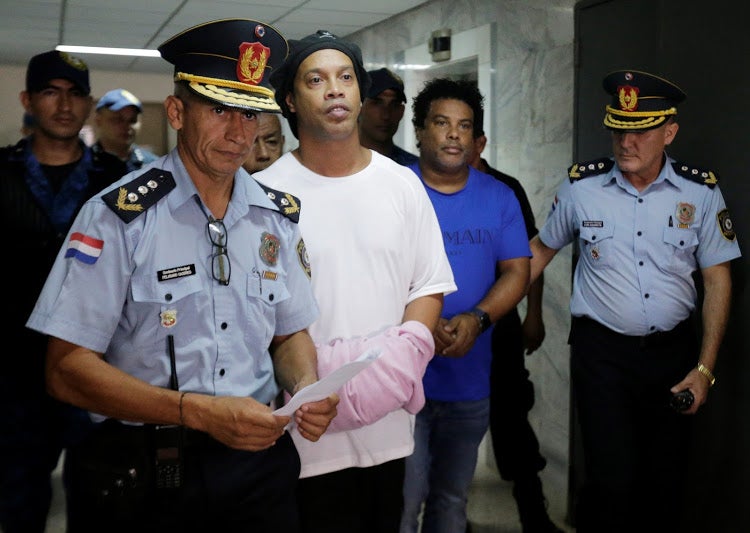
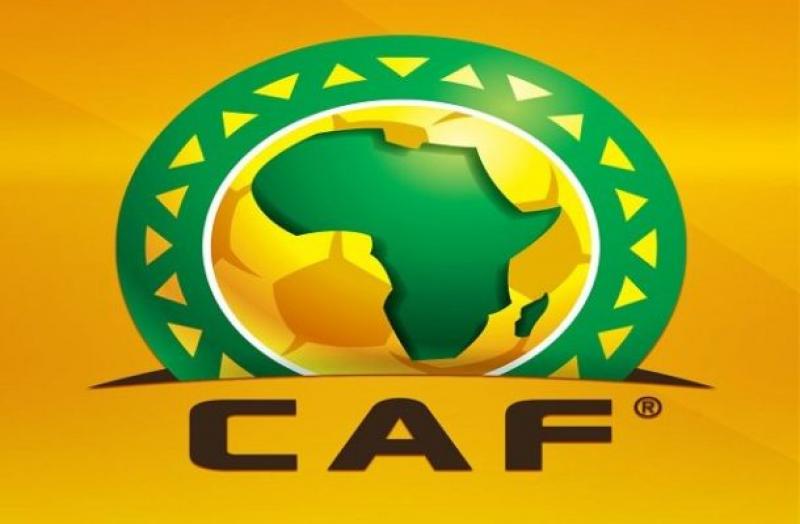
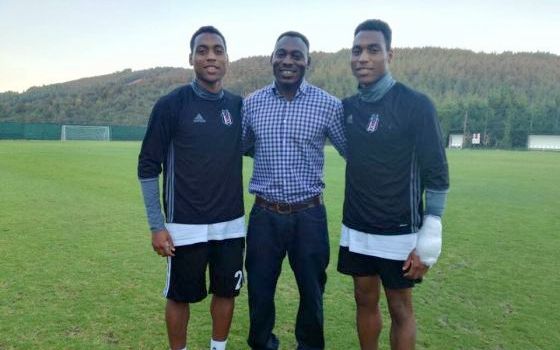
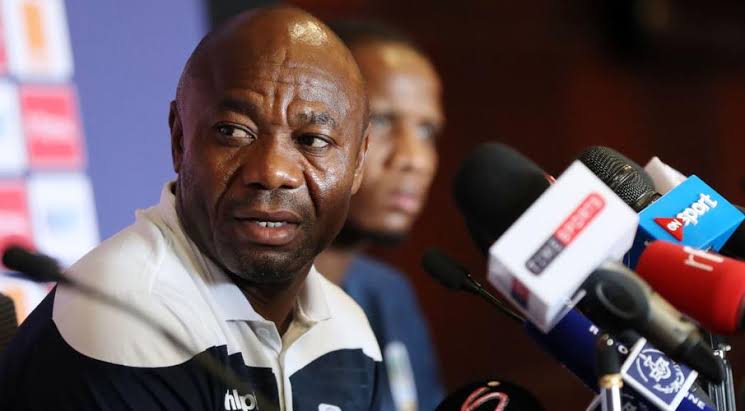
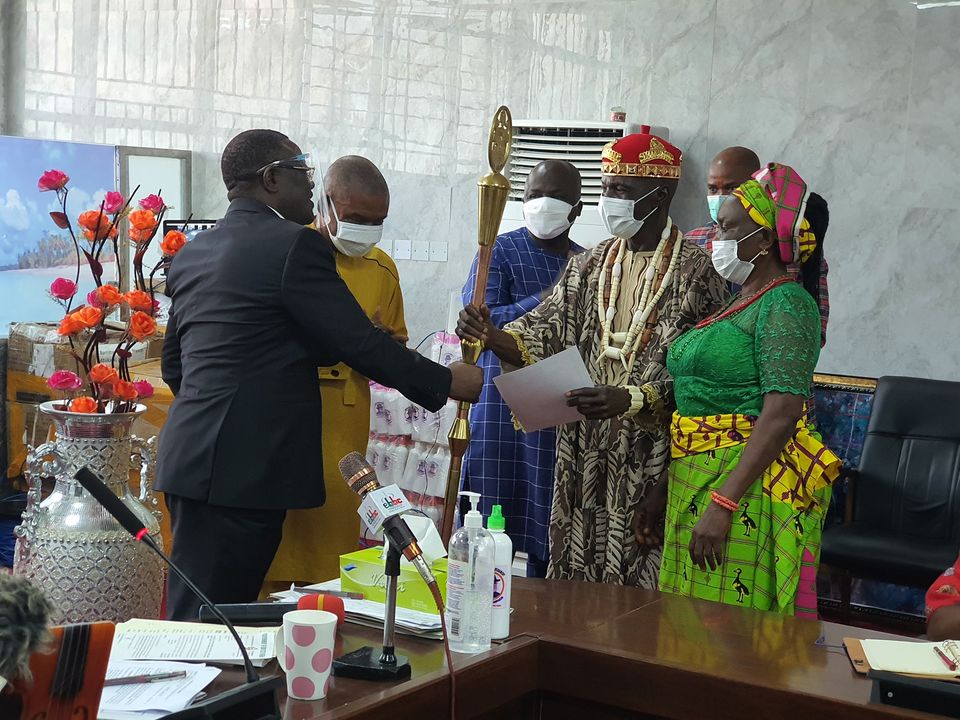
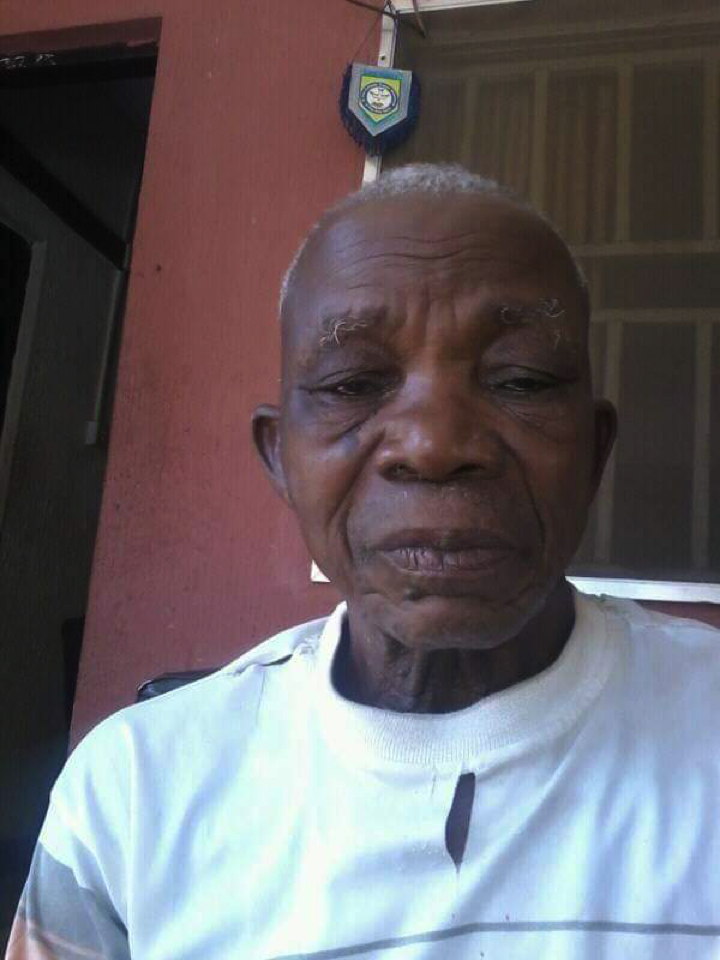
Israel Unya
Delete Comment
Are you sure that you want to delete this comment ?